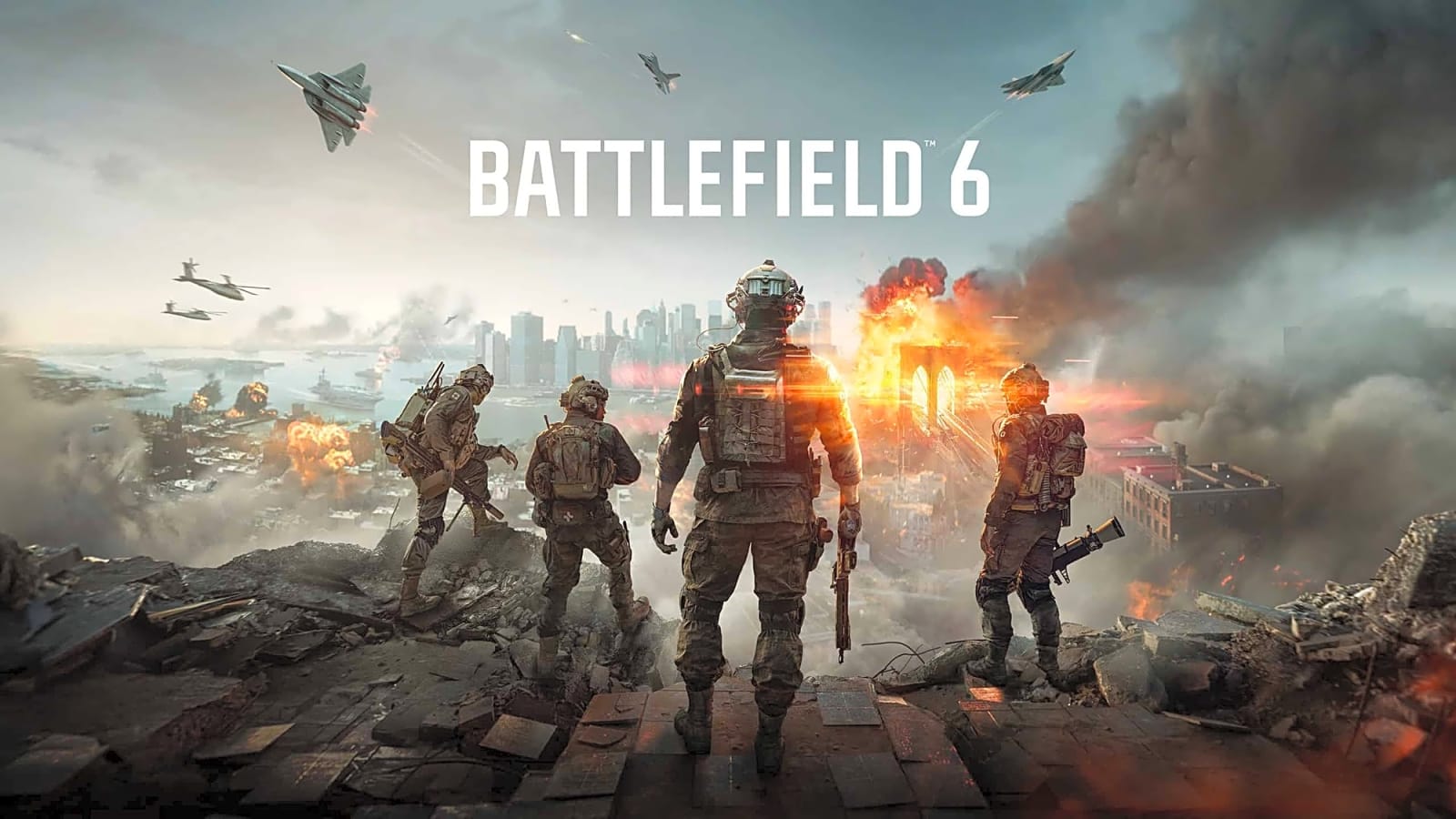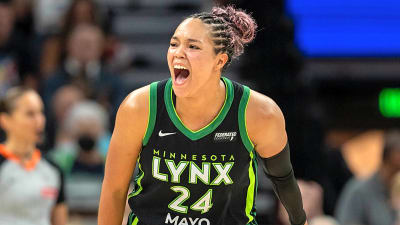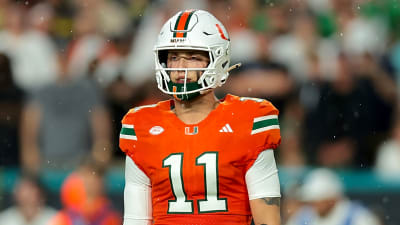
Well, well, well. Look what we have here. Electronic Arts—you know, the company that’s been milking your wallet dry with FIFA Ultimate Team packs and Madden microtransactions for years—just got bought out for a whopping $55 billion. And guess what? It’s not even a gaming company doing the buying. It’s private equity vultures circling overhead, ready to strip the carcass clean.
The EA private sale announcement dropped like a bombshell Monday morning, sending shockwaves through the gaming community. Saudi Arabia’s Public Investment Fund (PIF), Jared Kushner’s Affinity Partners, and Silver Lake Partners have joined forces in what could become the largest leveraged buyout in history. Yeah, you read that right—larger than any corporate takeover we’ve ever seen.
The EA Private Sale Details That’ll Make Your Head Spin
Let’s break down this financial circus act, shall we? The consortium is paying EA shareholders $210 per share, which represents a 25% premium over the stock’s closing price before rumors started swirling. That’s a nice payday for investors, but what does it mean for gamers? Spoiler alert: probably nothing good.
The EA private sale structure is particularly interesting (and by interesting, I mean terrifying). We’re talking about $36 billion in cash and equity, plus another $20 billion in debt financed by JPMorgan. That’s right, folks—they’re borrowing $20 billion to buy a video game company. What could possibly go wrong?
For context, this deal makes the infamous $45 billion TXU Energy buyout from 2007 look like pocket change. And we all know how that one ended—bankruptcy court in 2014. But hey, I’m sure this time will be different, right? Right?
Saudi Arabia’s Gaming Power Play Gets Real
The Saudi PIF isn’t exactly new to the gaming scene. They’ve been throwing money at every major publisher like they’re playing Monopoly with real cash. The fund already owned 9.9% of EA before this deal, making them the largest insider stakeholder. Now they’re going all-in as part of Saudi Arabia’s Vision 2030 plan to diversify away from oil dependency.
Here’s where things get spicy: the Saudis have been systematically buying stakes in gaming companies since 2022. They’ve grabbed pieces of Activision Blizzard, Take-Two Interactive, and pretty much every other major publisher you can think of. The EA private sale is just their biggest swing yet at controlling the global gaming narrative.
And let’s not forget about Jared Kushner’s involvement through Affinity Partners. Yes, that Jared Kushner—Trump’s son-in-law who apparently went from Middle East peace deals to video game acquisitions. The guy who grew up playing EA games is now helping to buy the company. You can’t make this stuff up.
What This Means for Your Favorite EA Franchises
Now here’s where things get really fun. EA is about to launch “Battlefield 6,” and industry analysts are already salivating over the potential revenue streams. The company’s sports portfolio—FIFA, Madden, NHL—has been their cash cow for years, generating consistent recurring revenue through those delightful microtransactions we all love to hate.
Going private means EA won’t have to worry about quarterly earnings reports anymore. They can focus on “long-term growth opportunities” without Wall Street breathing down their necks. Translation: expect even more aggressive monetization strategies, longer development cycles, and probably fewer risks on innovative new IP.
The EA private sale also means the company can undergo “extensive cost-cutting” without public scrutiny. They already laid off about 5% of their workforce in 2024, followed by several hundred more cuts in May. Guess what’s probably coming next?
The Private Equity Playbook: A Gamer’s Nightmare

Let’s talk about what typically happens when private equity firms get their hands on beloved companies. They load them up with debt, strip out costs (read: fire people), and focus obsessively on profit maximization. It’s not exactly a recipe for creative excellence in game development.
Silver Lake Partners, one of the key players in this EA private sale, has previous experience with tech buyouts. They bought Skype for $1.9 billion in 2009 (it’s now defunct) and took Dell private for $24.9 billion in 2013. Dell eventually went public again, but only after years of restructuring and job cuts.
The gaming industry is already suffering from a prolonged downturn, with players becoming increasingly selective about their spending. EA’s annual revenues have been stagnant for three years, hovering between $7.4 and $7.6 billion. Meanwhile, competitors like Epic Games are eating their lunch in the mobile and free-to-play markets.
Breaking Down the Financial Circus
This EA private sale represents everything that’s wrong with modern corporate gaming. A $1 trillion Saudi wealth fund teams up with a former White House advisor and a private equity firm to buy one of America’s most iconic game publishers. The optics alone are enough to make you question what timeline we’re living in.
The deal structure includes some interesting penalty clauses. EA has to pay a $1 billion termination fee if they back out, accept a higher bid, or pursue another deal within a year. The consortium pays the same amount if regulatory delays push completion past September 2026. That’s serious money for what amounts to corporate insurance policies.
JPMorgan is financing $20 billion of this acquisition, which raises questions about the banking sector’s appetite for gaming investments. Are we looking at another bubble ready to burst? The parallels to pre-2008 leveraged buyout mania are impossible to ignore.
What Gamers Should Actually Expect
Here’s the brutal truth about this EA private sale: it’s probably bad news for everyone except the investors. Private equity firms don’t buy companies to make better products—they buy them to extract maximum value before selling them off or taking them public again.
Expect EA’s game development to become even more formulaic and risk-averse. Why invest in experimental new IP when you can pump out another FIFA iteration with updated rosters and fresh microtransaction opportunities? The EA private sale eliminates the last vestiges of public accountability for a company that was already struggling with its reputation.
CEO Andrew Wilson will remain in charge, which means the corporate culture that brought us loot boxes, always-online DRM, and “surprise mechanics” isn’t going anywhere. If anything, it’s about to get worse now that profit maximization is the only metric that matters.
The transaction is expected to close in Q1 2027, assuming shareholders approve the deal. EA’s stock jumped 5% on the news, because nothing says “confidence in gaming’s future” like investors rushing to cash out at the first opportunity.
This EA private sale represents a fundamental shift in how gaming companies operate. We’re moving from publicly accountable corporations to privately held profit machines with zero transparency. And gamers? We’re just along for the expensive, microtransaction-filled ride.
More must-reads:
- Ole Miss caps off big weekend by flipping four-star CB from Michigan
- Injuries mounting for 49ers before pivotal 'TNF' matchup vs. Rams
- The '2023 NFL starting quarterbacks' quiz
Breaking News
Trending News
Customize Your Newsletter
 +
+
Get the latest news and rumors, customized to your favorite sports and teams. Emailed daily. Always free!








